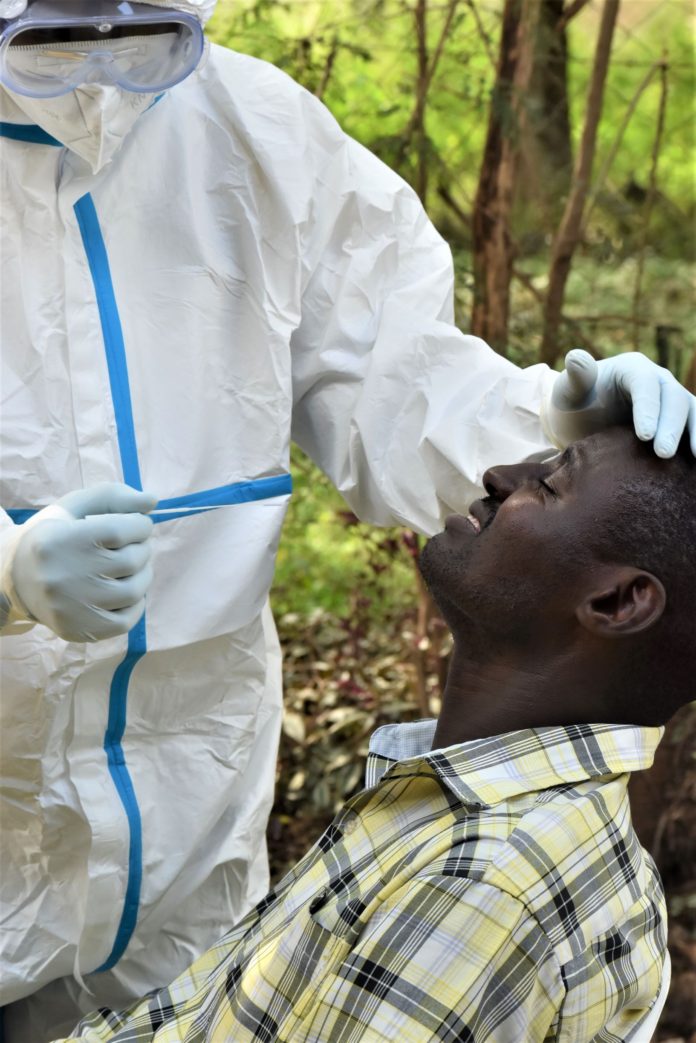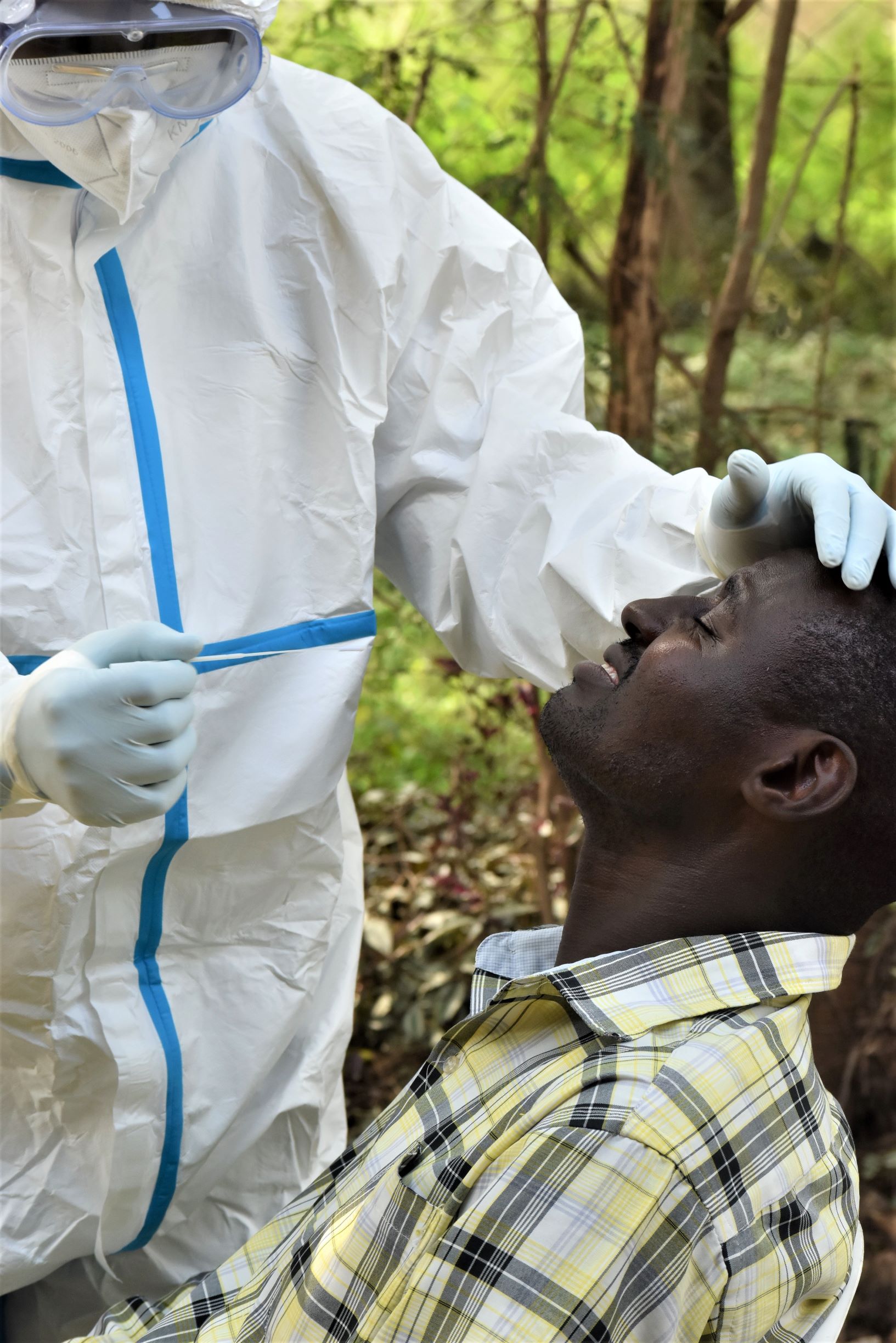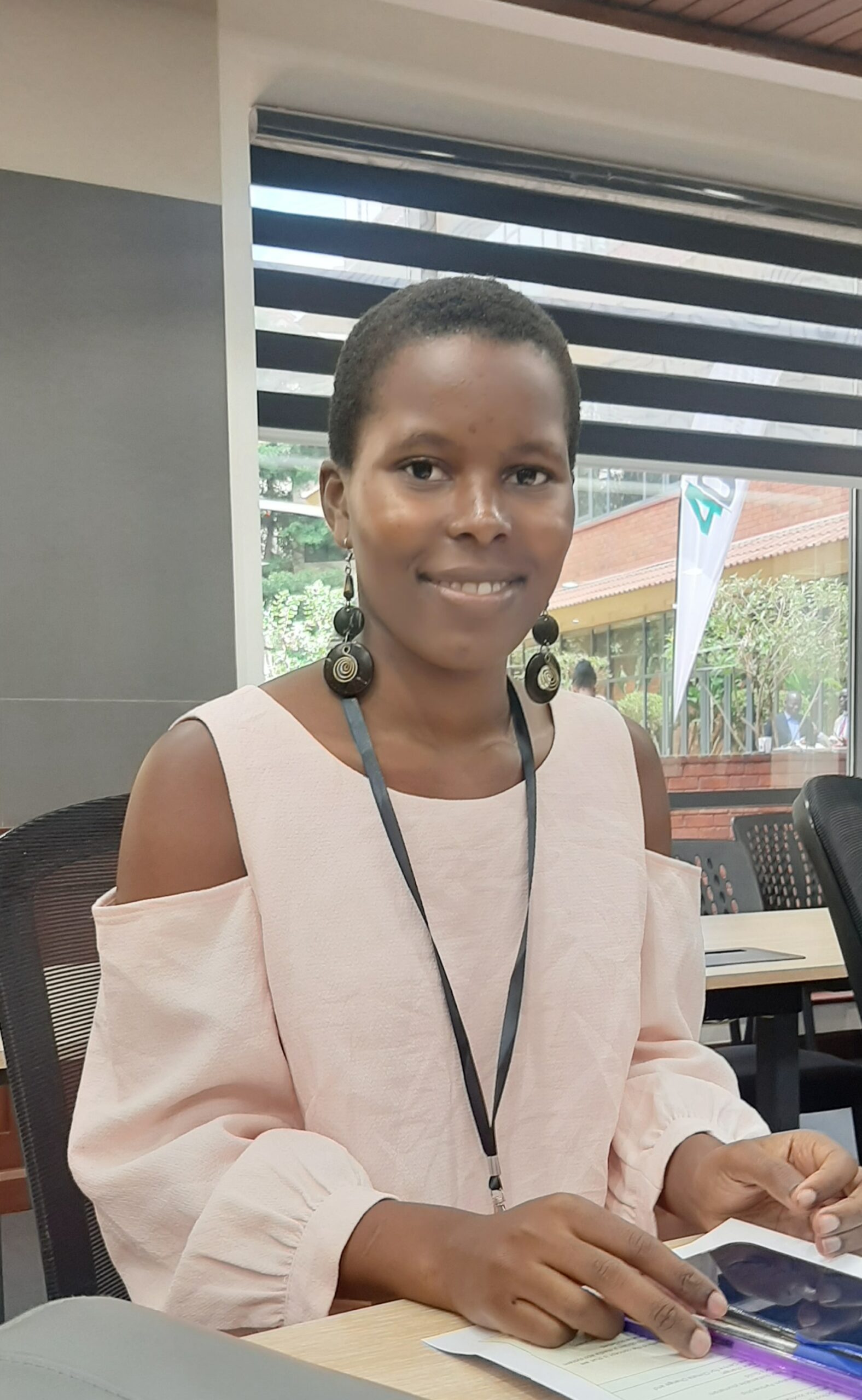
By Sharon. W.Kiburi
Nairobi, Kenya: The number of administered COVID-19 vaccine doses in Kenya was 23,359,310 as of 18 February 2023 according to World Health Organization (WHO) through Kenya’s Ministry of Health(MOH).
All the data on various vaccines is captured through the Chanjo system which is a website where Kenyans can access information on the type of vaccinations they have received, the date for vaccination, and also the certificate.
The health sector in Kenya was ready to leverage technology at the peak of the COVID-19 pandemic to stay ahead of the curve. This was to conveniently provide a competitive edge.
“The height of the COVID-19 pandemic was unprecedented. The ministry of health in Kenya had to adjust priorities to keep the citizens safe,” said Onesmus Kamau-Head of the e-Health and Systems Development Unit at the Ministry of Health Kenya (MOH). The unique dynamic in which COVID-19 was spreading called for an all-hands-on-deck situation. Adding that, “The ministry was stretched thin and needed assistance, hence seeking to partner with different organizations in dealing with the pandemic” he explains.
Kamau fondly recalls hearing about the extraordinary work the tech industry in Kenya was realizing. Considering the massive gap in mapping hotspot areas and contact tracing; hence it was essential making informed decisions in that regard. Kamau sought to partner with industry-leading players, such as ESRI technology and the Jomo Kenyatta University of Agriculture and Technology (JKUAT), to create a dashboard for data analysis and symptom analysis self-testing tools.
Kamau felt that availing the data on the MOH website ensured the government remained transparent about the numbers, trends, and different variants of the COVID-19 pandemic in the country. Kamau said that beyond data collection, MOH also created the Chanjo system, this milestone made record keeping easy and informed the campaign towards hard immunity through vaccination. The client would access results via email. This was meant to eliminate fake test results from back streets and eventually ensured travelers in airports and other ports of entry used only credible results.

All testing laboratories in Kenya, both public and private, were required to upload test results from respective labs through the PanaBIOS system, which Africa CDC supported. The Chanjo system which was created by the MoH also used the PanaBIOS system.
Grains Nyangweso, a news anchor at the Kenya Broadcasting Corporation (KBC), is nearly a year into her journalism career “I was going for the easiest way out, so when I heard that Johnson & Johnson’s COVID-19 vaccine was one shot, I had to go for it,” explained Grains.
In addition, she said receiving the vaccine in her fourth year at the Maseno Campus, together with her fellow students, gave her the morale she needed to get the shot “I did have some mild symptoms from the vaccine, and a month later when I checked the website, I could see details of my vaccination and even download the immunization certificate,” explains Grains.
She also received a message months later to get a booster vaccination, “It was great that the system was well documented, and the remainder was a fantastic touch despite me not taking the vaccine boosters.

While Fiona Anyango works for a media support organization, she says, “I received two vaccine shots in a government health facility in Embakasi. I had filled the pre-vaccination form online before heading to the Centre; however, this did not save me from the long queues,” she narrates.
She says she was impressed by the details of her vaccination available on the website “I traveled to Albania after my last vaccination shot, and it was beyond easy to access my vaccination certificate,” says Fiona.
Miss Anyango also found the COVID-19 testing very simple and convenient due to the digital services offered by Ponea health “I visited the Ponea health website, made an appointment, and paid via Mpesa. Someone came to my house dressed fully in covid-19 protective gear and conducted the test,” stated Anyango.
I caught up with Mary Mwendwa, an investigative journalist and editor. Mwendwa has had the privilege to travel to three countries, namely Uganda, South Africa, and Senegal post Covid-19 pandemic travel restrictions. She explained her experience “Other than providing a Covid-19 certificate when returning to Kenya at the Jomo Kenyatta international airport. One is presented with the hideous online form, which is extensively detailed. It took fifteen to twenty minutes to fill, despite being tiring. I understand the importance of contact tracing of the different covid-19 variances,” explains Mary Mwendwa. Some questions in the questionnaire are once Travel from the destination, area of residence, next of kin, Flight number, places of layover if any, and History of COVID-19 infection.
The lux in COVID-19 measures have lowered the citizens’ willingness to take the vaccine. Vaccination drives and services are still ongoing but at a slow pace. “The role the MOH dashboard and the testing tool played in decision-making, contact tracing, and mapping out the areas considered hotspots through data visualization can not be understated in the fight against COVID-19 in Kenya. The ability of Kenya to use test data and GPS coordinates data is truly a testament to Kenya’s advancement in technology integration and offering solutions to complex issues,” says Kamau.
This publication was produced with the financial support of the European Union. Its contents are the sole responsibility of Sharon Kiburi and do not necessarily reflect the views of the European Union.













